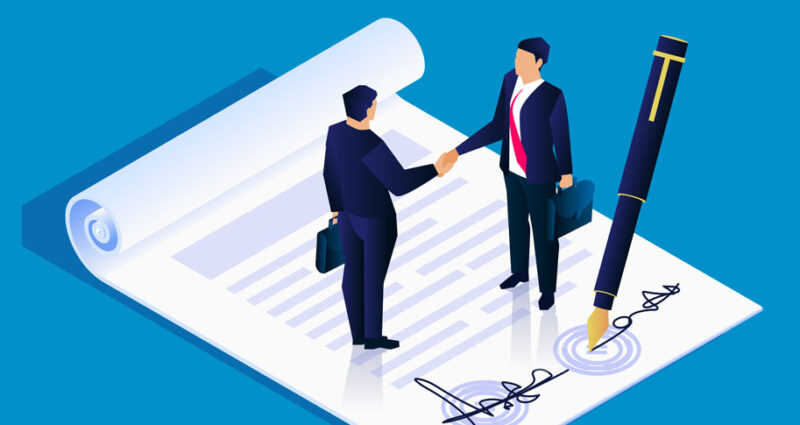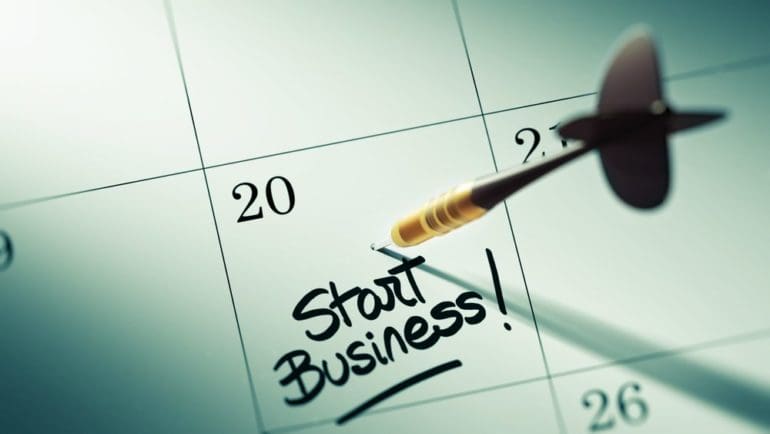If you’ve ever weighed the idea of launching a business from scratch against acquiring one that’s already up and running, you’re not alone. Many first-time entrepreneurs face this exact decision. Each path has its own risks, benefits, and long-term implications.
Which option gives you better odds of success? Where do the real advantages lie—and what are the hidden traps?
Below, you’ll find the key highlights, followed by a breakdown of pros, cons, and everything you need to know before you commit.
Key Highlights
● Buying a business provides immediate cash flow and proven systems
● Starting your own company offers creative freedom and full control
● Time, capital, and risk tolerance should drive your decision
● Transition support matters more than most buyers think
● Existing businesses still require major leadership shifts
● Startups can take years to reach profitability
The Case for Buying an Existing Business

Acquiring a business skips the chaos of early-stage operations. You take over a machine that already runs—sometimes very well. No testing products. No guessing the market. Just operations, customers, and cash flow, all in place.
Many buyers step into roles that involve refining operations rather than building them. That means your focus shifts to leadership, growth strategy, and maximizing profit margins. You spend less time validating your idea and more time improving something real.
Acquiring can also reduce failure rates. Most startups never survive past five years. But buying a business that has weathered industry shifts already proves that it works.
The fast track to income also changes the financial picture. A buyer doesn’t burn through savings trying to survive the early months. You can pay yourself almost immediately if the margins are there.
But it’s not just about money. The operational structure, existing team, and customer base all offer serious momentum.
If you’re considering acquisition, take a closer look at resources like Acquira, an Acquisition Entrepreneurship Accelerator that helps aspiring entrepreneurs buy existing cash-flowing businesses. Their platform connects buyers and retiring owners in a no-fee structure that benefits both sides.
Downsides of Buying a Business
Every benefit has its counterpart. Buying someone else’s company doesn’t mean you get a clean slate. You inherit everything—systems, habits, and sometimes hidden issues.
Common risks:
● Cultural misfit: The existing team may resist new leadership.
● Outdated systems: Processes could be inefficient or outdated.
● Unseen liabilities: Legal, financial, or operational problems can surface post-sale.
● Customer dependence: Some businesses rely too heavily on a few key clients.
You also face a high upfront cost. Even if a company is profitable, it might require a substantial capital outlay. Add legal fees, diligence costs, and transition time. The deal doesn’t end at closing.
If you’re not hands-on from day one, things can slip fast. Existing businesses require strong leadership. Many new owners underestimate how quickly operations can decline under passive management.
When Starting Your Own Business Makes More Sense

Building a business from zero allows full control. You decide the vision, the structure, and the systems. For many entrepreneurs, that’s the appeal. No legacy issues. No limitations. Just raw potential.
You can design everything around your strengths and values. That includes pricing models, customer types, team structure, and brand identity. It’s a blank canvas.
Startup costs are often lower on paper, especially for digital or service-based ventures. But remember—low cost doesn’t mean low risk. Many founders under-budget the real cost of getting traction.
Still, the freedom and sense of ownership often outweigh the uncertainty. If you’re deeply passionate about a specific mission or want to innovate in a space that feels outdated, launching a new business gives you the flexibility to create on your terms.
The Startup Struggle: Why Many Fail Early
The brutal truth: most startups fail.
Why?
● Unclear product-market fit
● No real demand
● Cash burn with no revenue
● Inexperience managing growth or operations
Even skilled entrepreneurs get stuck in the grind of product development, marketing, and building a team. Time stretches. Pressure builds. Revenue delays hurt morale and finances.
The honeymoon phase ends fast. Unlike acquisitions, which often come with revenue on day one, startups demand patience and grit—sometimes for years.
What to Consider Before Making a Decision
The better option depends on your skills, capital, and tolerance for risk. Ask yourself a few key questions before choosing:
Sharpening Your Strategy Through Visual Storytelling
In today’s market, strong visuals aren’t just an enhancement—they’re a key to success. Whether you’re presenting a rebranded business or launching something entirely new, the ability to communicate your message clearly and attractively can make all the difference. Using tools can help entrepreneurs create high-quality visual content with ease, making it simpler to build trust, attract attention, and maintain a consistent brand voice from day one.
Do You Prefer Structure or Freedom?
Acquisition comes with structure. You take over an engine that works. If you thrive under systems and want to scale existing operations, acquisition fits better.
Starting gives you full freedom. But it also comes with ambiguity and chaos. If you’re excited by uncertainty and ready to iterate, building from scratch might suit you more.
How Much Capital Do You Have?

Buying a solid business requires access to capital—either cash, financing, or a combination. Sellers expect to be paid. Even with seller financing or SBA loans, you’ll need a down payment and working capital.
Starting a lean business can reduce upfront cost, but you’ll trade time instead of money. Expect long stretches with low income, especially in the early phase.
Pros and Cons Side-by-Side
| Factor | Buying a Business | Starting a Business |
| Time to income | Fast (often immediate) | Slow (can take years) |
| Control | Medium (existing systems) | Full (design everything) |
| Cost | High upfront | Often lower, but less predictable |
| Risk | Moderate (known business) | High (no proven model) |
| Learning curve | Sharp, but focused | Broad and long-term |
| Team in place | Yes | No, must build from zero |
| Creative flexibility | Limited | Full |
| Exit options | Faster ROI possible | Long path to scale and exit |
What Type of Entrepreneur Are You?

If you’re execution-focused, prefer fixing rather than inventing, and like working with systems, buying could be a better fit.
If you’re visionary, driven by product design or customer innovation, and ready to handle early chaos, starting may suit you more.
There’s no right answer. But there is a right match—for your personality, goals, and resources.
Final Thoughts
Buying and starting serve different types of entrepreneurs. One fast-tracks income. The other allows full creative control. Each path demands a different skillset.
Don’t fall for hype. Buying a business isn’t easier. Starting one isn’t more noble. Both paths carry risk. Both paths demand resilience.
Your job is to match the path to your vision, strengths, and resources. Be honest with yourself. Assess your tolerance for uncertainty. And remember—success isn’t just about the starting point. It’s about who leads the business after day one.






